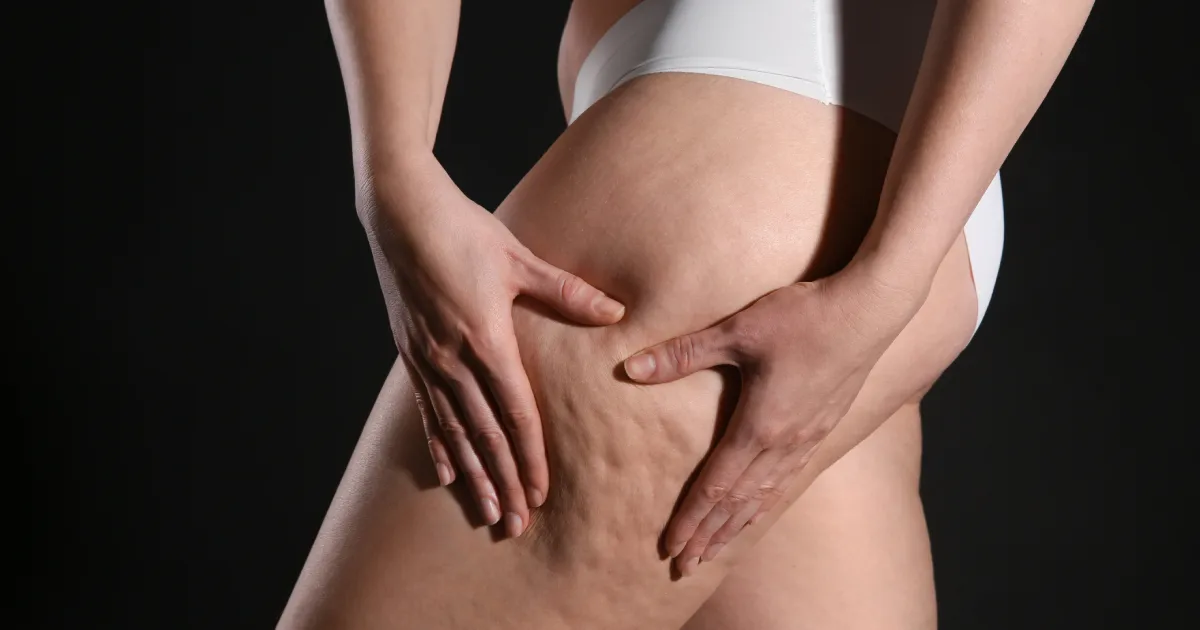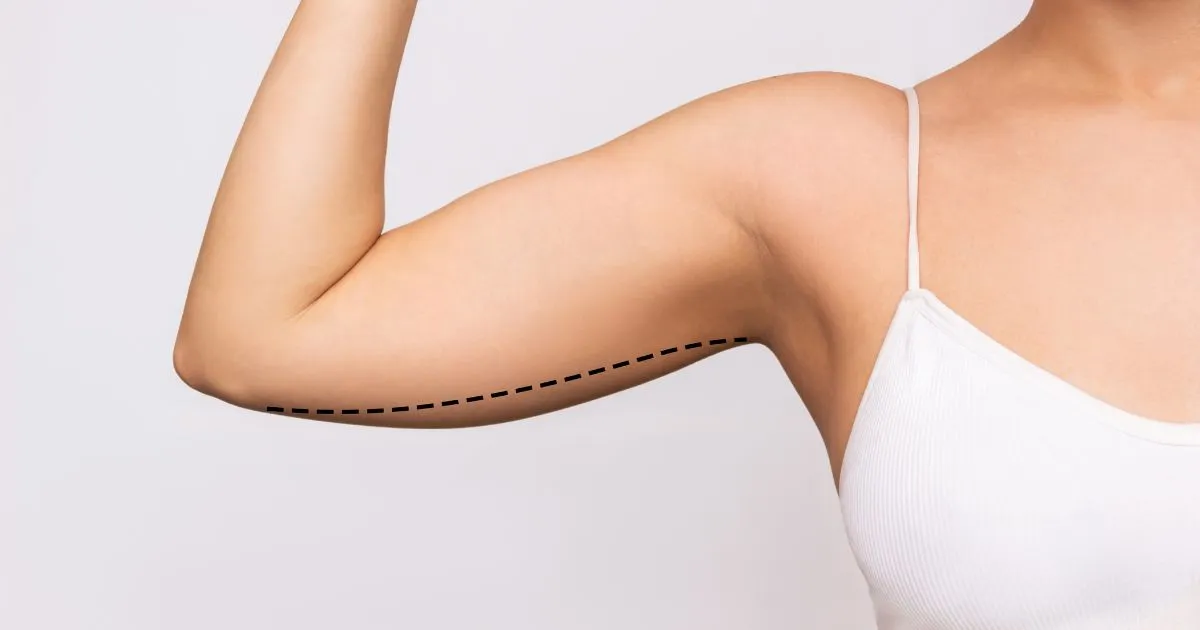Undergoing ear surgery, whether for cosmetic or medical reasons, requires careful post-operative care to ensure a smooth and successful recovery. This article will explore the essential dos and don’ts for post-ear surgery recovery. Following these approaches can promote healing, reduce complications, and achieve the best possible results.
Managing Pain and Discomfort
Do
Follow your surgeon’s prescribed pain medication regimen as directed. Use cold compresses to lessen swelling and discomfort during the initial days post-surgery. Also, maintain proper head elevation while resting to minimize swelling.
Don’t
Avoid self-medicating or altering your prescribed medication dosage without consulting your surgeon. Please refrain from using hot compresses, as they can exacerbate swelling.
Wound Care
Do
Keep the surgical area clean and dry. Follow your surgeon’s instructions for cleaning and dressing changes. Check for signs of infection, such as increased redness, warmth, or discharge, and promptly inform your surgeon if any concerns arise. Protect your surgical incisions from direct sunlight and extreme temperatures.
Don’t
Do not submerge your head in water, such as swimming pools or hot tubs, until your surgeon clears you. Avoid excessive manipulation or touching of the surgical site with dirty hands.
Diet and Nutrition
Do
Maintain a well-balanced diet rich in nutrients to support the healing process. Stay hydrated by drinking water and taking soft, easily digestible foods during the initial recovery period if chewing is uncomfortable.
Don’t
Refrain from consuming alcohol or tobacco products, as they can impede the healing process and increase the risk of complications. It’s also helpful to avoid spicy or scorching foods that irritate the surgical area.
Physical Activity
Do
Follow your surgeon’s guidelines when it’s safe to resume light physical activities. Engage in gentle, low-impact exercises, like walking, as approved by your surgeon, to promote circulation and aid recovery.
Don’t
Avoid strenuous physical activities, heavy lifting, or vigorous exercise until your healthcare provider gives you the green light. Refrain from bending or straining that could put pressure on the surgical site.
Medications and Supplements
Do
Inform your surgeon about all medications, supplements, and herbal remedies you are currently taking. Follow your surgeon’s instructions regarding medications or supplements that may impact your recovery.
Don’t
Only discontinue prescribed medications after consulting your surgeon. Avoid taking over-the-counter pain relievers or anti-inflammatories without your surgeon’s approval, as they may interfere with prescribed medications.
Follow-Up Appointments
Do
Attend all scheduled follow-up appointments with your provider to monitor your progress and address concerns. Communicate openly with your surgeon about any changes or issues you may be experiencing during your recovery.
Don’t
Neglect or skipping follow-up appointments is essential for assessing your healing and addressing potential complications.
Patience and Expectations
Do
Understand that the full results of ear surgery may become apparent, and initial swelling and bruising are temporary. Follow your surgeon’s guidance and maintain realistic expectations for the outcome.
Don’t
Avoid comparing your progress to others, as recovery timelines can vary among individuals. Take your time with the healing process by trying to resume normal activities quickly.
Emotional Well-Being
Do
Seek emotional support from friends and family during your recovery.
Practice relaxation techniques or mindfulness exercises to reduce stress and anxiety.
Don’t
Avoid isolation or neglecting your emotional well-being during the recovery period. Do not make hasty decisions or judgments about the outcome of your surgery while still in the early stages of recovery.
Enhance Your Appearance with Otoplasty in Alpharetta, GA
Ear surgery, scientifically known as otoplasty, is a transformative procedure that aims to improve your ears’ size, position, or proportion. Commonly used to address deformities or protruding ears, otoplasty can make a remarkable difference in your appearance and self-confidence.
At The Graivier Center in Alpharetta, GA, we understand the significance of this surgery. We are dedicated to providing comprehensive care and guidance throughout the process.
Personalized Consultation
At The Graivier Center, we value the uniqueness of each patient. We prioritize establishing personal relationships and, as such, offer a thorough consultation before any treatment. During this consultation, you’ll have the opportunity to meet with Dr. Graivier and our staff.
We’ll work together to determine the most suitable procedure(s) or treatment(s) to help you achieve your aesthetic goals. The discussion will encompass your desired treatment, expectations, the associated benefits and risks, and post-treatment recovery.
Complementary Procedures
Many patients undergoing ear surgery combine it with other procedures to achieve complementary or enhanced results. Whether you opt for a single treatment or multiple procedures, we’ll guide you through the potential risks and benefits. Complementary procedures often include:
- Nose surgery
- Chin augmentation
- Facial fat grafting
Suitable Candidates
Otoplasty can be performed on individuals of various ages, typically after the ears have fully developed, usually around age five and onwards. Consider the following criteria for candidates, especially for children:
- Good overall health without life-threatening illnesses or untreated chronic ear infections
- Aged five or older, as ear cartilage stability is crucial for correction
- Cooperativeness and ability to follow instructions
- Capability to communicate feelings
Optimal times to consider ear surgery include before 1st grade, high school, college, or adulthood. Dr. Graivier specializes in achieving natural-looking ear contours that maintain anatomical balance. Beyond correcting protruding ears and deformities, he can also address unsatisfactory results from prior ear surgeries.
When to Consider Ear Surgery
Ear surgery is a suitable option if you:
- Have prominent ears that stick out
- Lack of a fold (antihelix) in one or both ears
- Notice differences between your ears
- Experience a cupped appearance or an extra fold in your ear
- Suffered an injury that altered the shape or position of your ears
If you’re considering otoplasty or have questions, contact us at The Graivier Center. Our team is here to provide expert guidance and support for your ear surgery journey.
Book an appointment today to discuss your needs and embark on your path to enhanced appearance and self-confidence. Your satisfaction is our top priority.
What We Say
Successfully navigating the post-ear surgery recovery period requires adherence to these do’s and don’ts. By following your surgeon’s guidance and taking the necessary approach, you can ensure a safe and effective healing process, ultimately leading to the best possible results.
If you’re considering ear surgery or have recently undergone the procedure, don’t hesitate to contact us at The Graivier Center. Our experienced team is here to provide guidance, support, and expert care throughout your journey to recovery.
Book an appointment today to discuss your ear surgery needs and concerns. Your well-being and satisfaction are our top priorities.



















